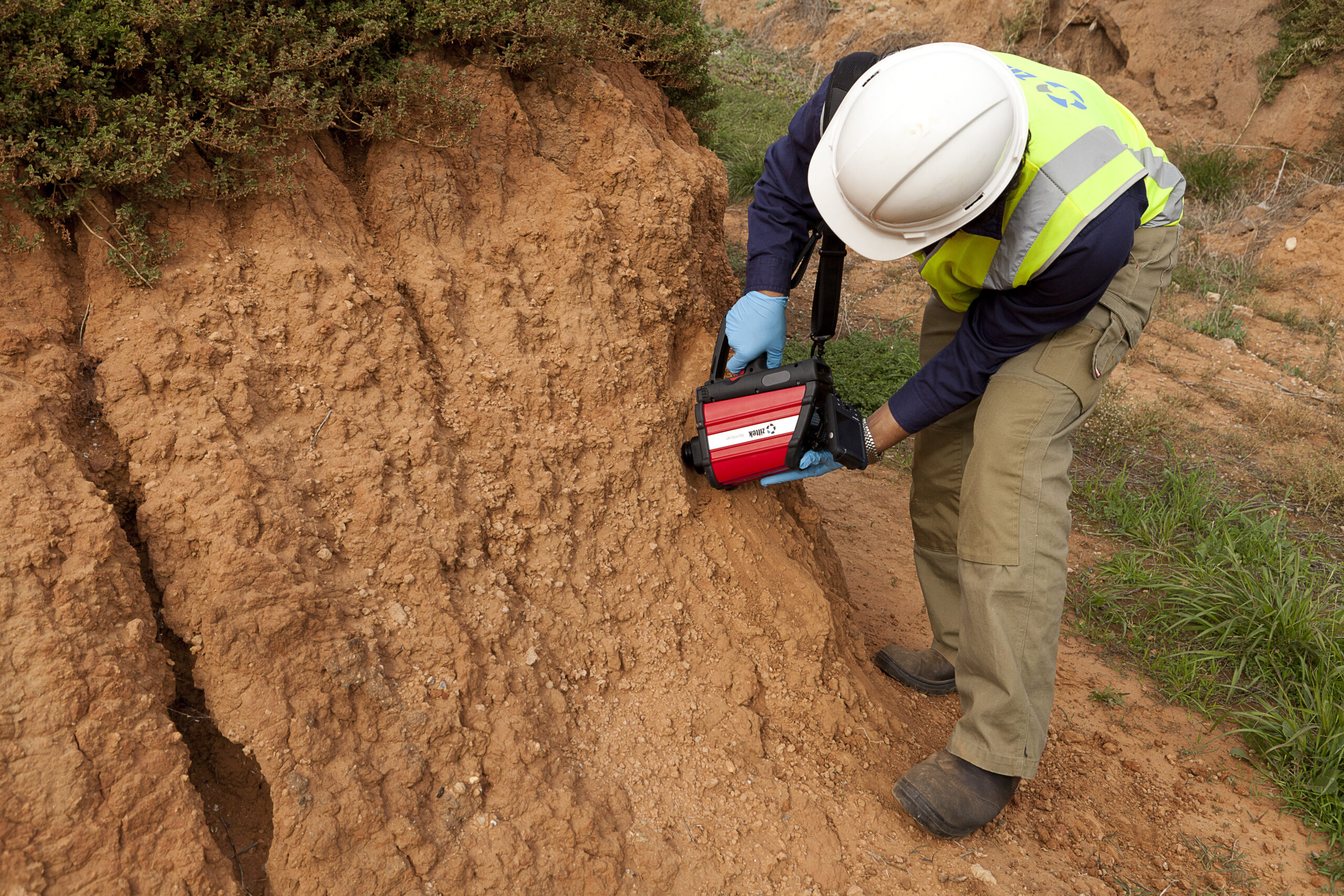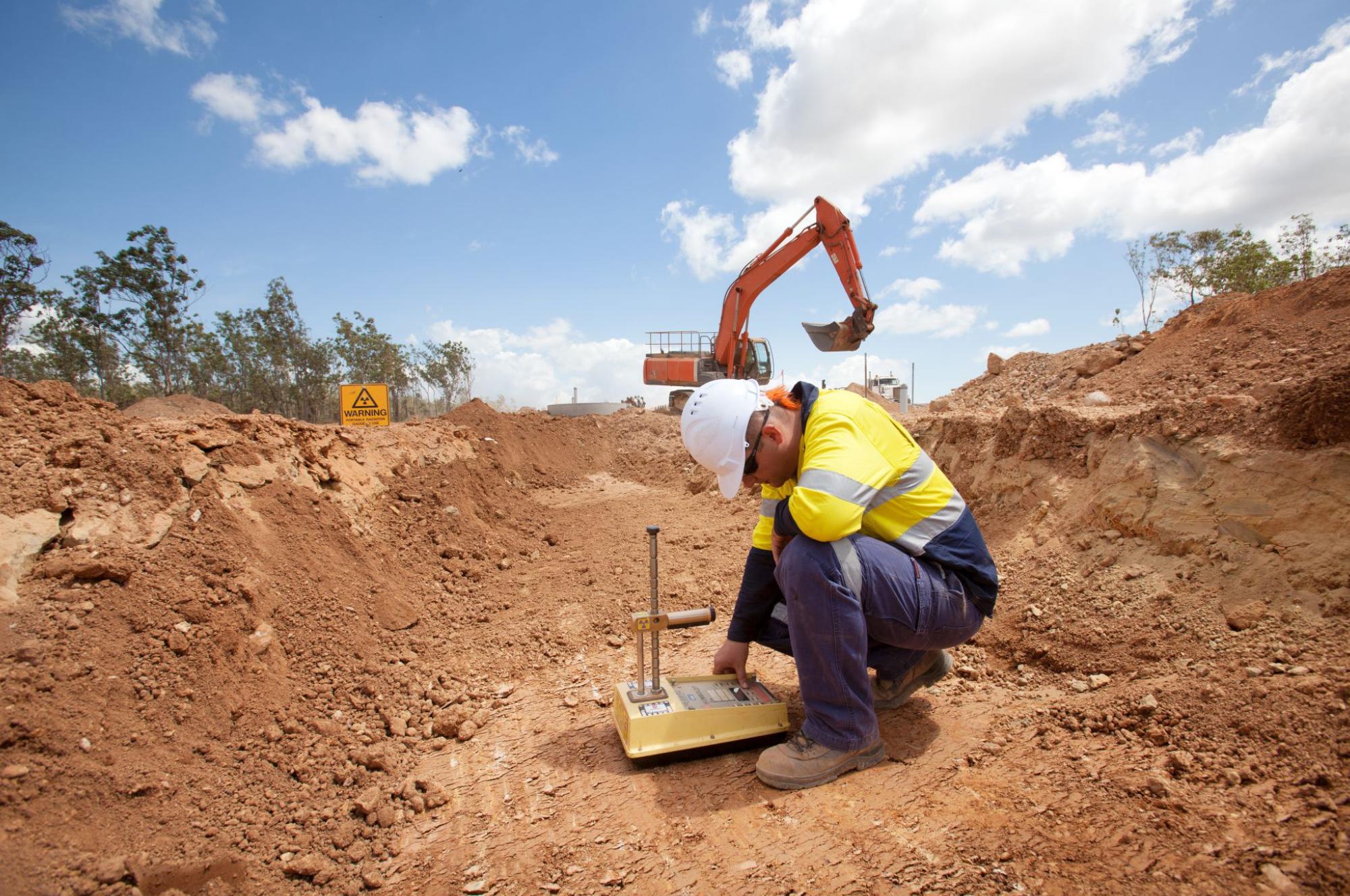Hydrological and geological studies are vital tools for understanding the nature of land and water, which contributes to the proper planning of development projects and ensuring their sustainability. Through hydrological studies, the water cycle, including the movement of surface and groundwater, is analyzed to understand the available water sources, their quality and quantities. These studies provide accurate information about water distribution, and help in identifying the best locations for its extraction or storage, in addition to predicting floods and managing their risks. They also contribute to improving water resource management and developing strategies to meet the increasing water needs in the future.
Geological studies are concerned with analyzing the characteristics and composition of the land. These studies include evaluating soil, rocks and minerals to understand the suitability of the land for various human activities, such as construction, agriculture or mining. These analyses help identify potential geological hazards, such as landslides or earthquakes, and provide solutions to mitigate their effects. Subterranean geology is also analyzed to locate groundwater and other natural materials, allowing for the sustainable exploitation of resources.
These studies are of great importance for projects that require direct interaction with nature, such as the construction of dams, roads, industrial facilities, or even residential communities. They provide a deep understanding of potential risks and contribute to ensuring the success and continuity of the project without negatively impacting the surrounding environment.
At Tamaya Center for Environmental Consulting and Studies, these studies are carried out by a specialized team with extensive experience in the fields of hydrology and geology. We rely on advanced techniques such as digital simulation models and field data analysis to ensure accurate and comprehensive results. Through our detailed reports, we provide practical recommendations that contribute to supporting decision-making and achieving a balance between development and environmental protection.

